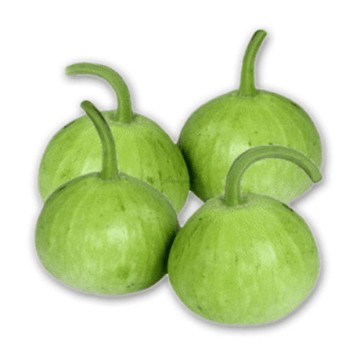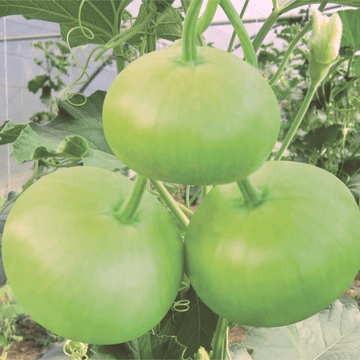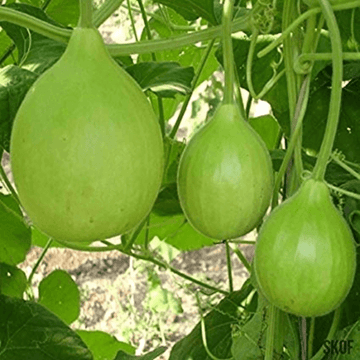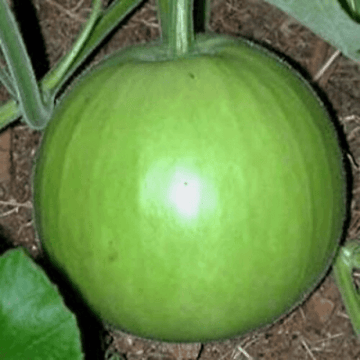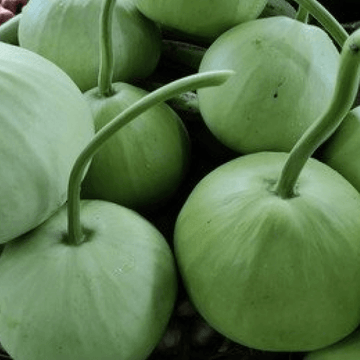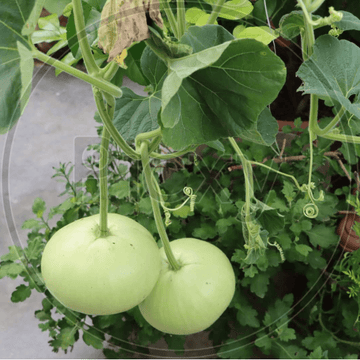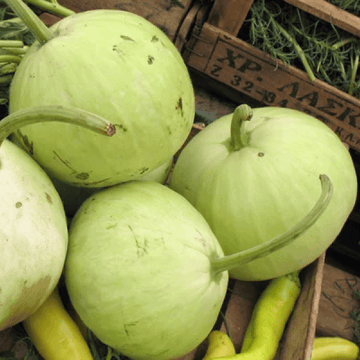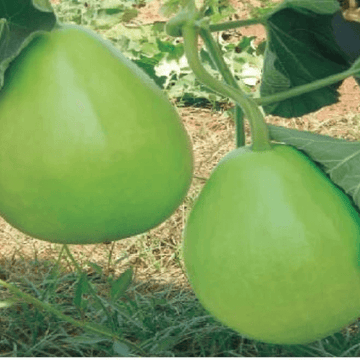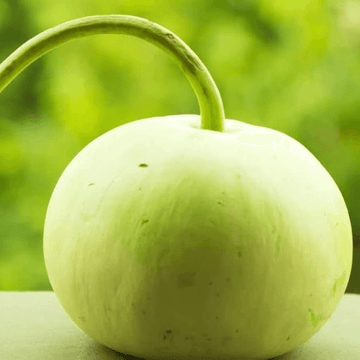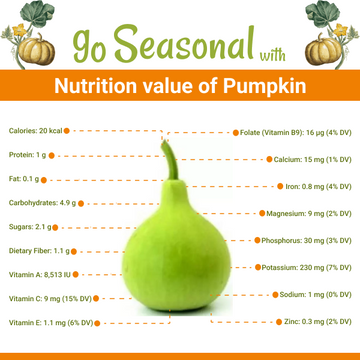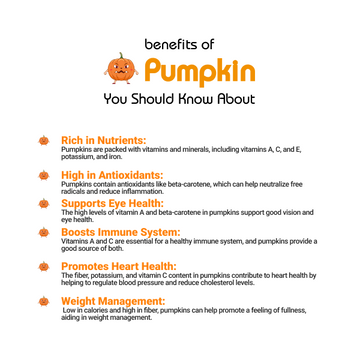Buy Green Round Gourd(گھیا کدو) - 1kg
Best Offers: 1kg
Quantity:
This product is currently out of stock, but you can place an order through WhatsApp. We'll try our best to make it available for you if possible
The pumpkin (Cucurbita pepo) has a history that stretches back thousands of years. Native to North America, pumpkins were cultivated by Indigenous peoples as early as 7,500 to 5,000 BC. Early Native American tribes used pumpkins not only as a food source but also for their seeds and as materials formats. When European settlers arrived in America, they quickly adopted the pumpkin into their diets. Pumpkins became an integral part of American culture and cuisine, especially with their association with Halloween and Thanksgiving. Today, pumpkins are grown worldwide and are popular for their versatility in cooking and baking.
Benefits of Pumpkin
-
Rich in Nutrients: Pumpkins are packed with vitamins and minerals, including vitamins A, C, and E, potassium, and iron.
-
High in Antioxidants: Pumpkins contain antioxidants like beta-carotene, which can help neutralize free radicals and reduce inflammation.
-
Supports Eye Health: The high levels of vitamin A and beta-carotene in pumpkins support good vision and eye health.
-
Boosts Immune System: Vitamins A and C are essential for a healthy immune system, and pumpkins provide a good source of both.
-
Promotes Heart Health: The fiber, potassium, and vitamin C content in pumpkins contribute to heart health by helping to regulate blood pressure and reduce cholesterol levels.
-
Weight Management: Low in calories and high in fiber, pumpkins can help promote a feeling of fullness, aiding in weight management.
Uses of Pumpkin
-
Culinary Uses:
-
Cooking and Baking: Pumpkins are used in a variety of dishes, including soups, stews, pies, bread, muffins, and cakes.
-
Roasting: Pumpkin seeds, also known as pepitas, can be roasted for a healthy snack.
-
Purees and Juices: Pumpkin can be pureed for use in recipes or made into juice.
-
Pumpkin Spice: A popular blend of spices often used in baking and beverages.
-
Decorative Uses: Pumpkins are widely used for decoration, especially during the Halloween season for carving jack-o'-lanterns.
-
Animal Feed: Pumpkins and their seeds are often used as feed for livestock and poultry.
-
Cosmetic Uses: Pumpkin extracts are used in skincare products for their moisturizing and anti-aging properties.
-
Medicinal Uses: Traditional medicine has used pumpkins to treat various ailments, including urinary tract infections and intestinal worms.
Nutritional Value of Pumpkin (per 100 grams, cooked, boiled, without salt)
-
Calories: 20 kcal
-
Protein: 1 g
-
Fat: 0.1 g
-
Carbohydrates: 4.9 g
-
Sugars: 2.1 g
-
Dietary Fiber: 1.1 g
-
Vitamins:
-
Vitamin A: 8,513 IU (170% of the Daily Value, DV)
-
Vitamin C: 9 mg (15% DV)
-
Vitamin E: 1.1 mg (6% DV)
-
Folate (Vitamin B9): 16 μg (4% DV)
-
Minerals:
-
Calcium: 15 mg (1% DV)
-
Iron: 0.8 mg (4% DV)
-
Magnesium: 9 mg (2% DV)
-
Phosphorus: 30 mg (3% DV)
-
Potassium: 230 mg (7% DV)
-
Sodium: 1 mg (0% DV)
-
Zinc: 0.3 mg (2% DV)












